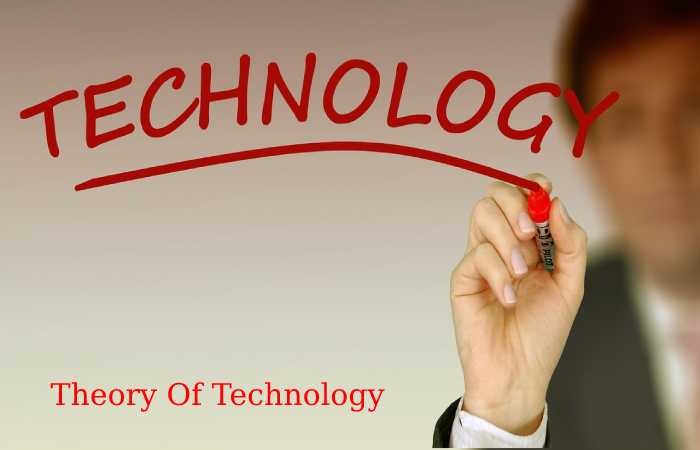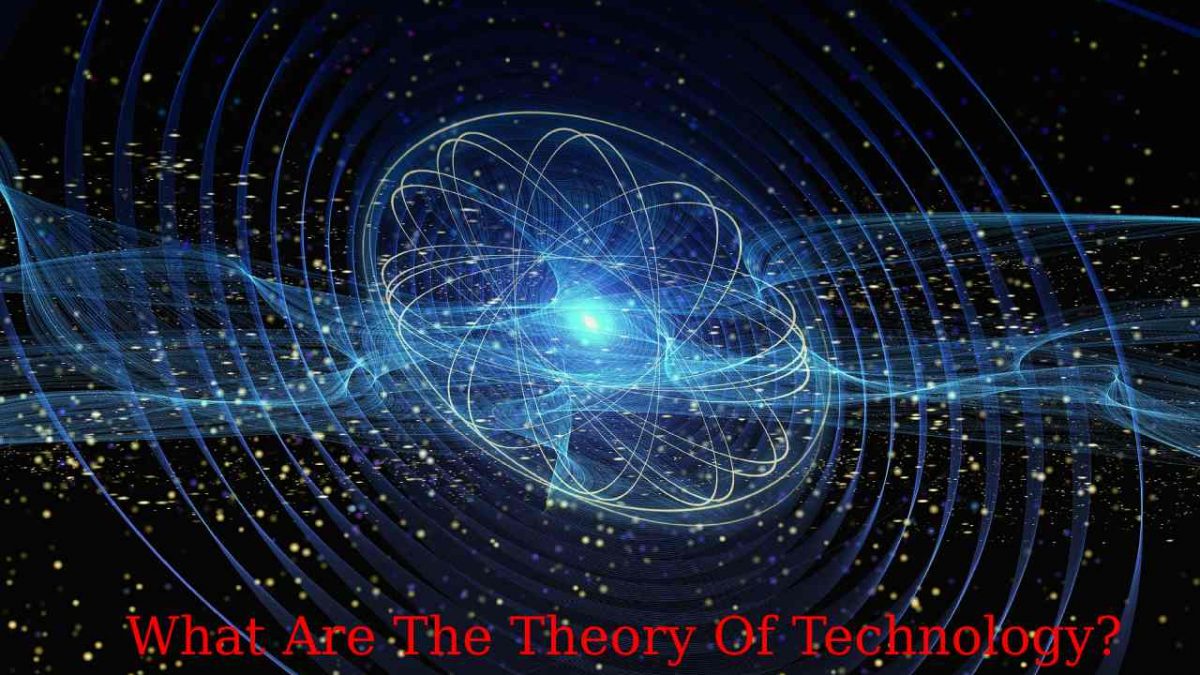The theory of technology was planned by the American philosopher of technology in his 1991 book Critical Theory of Technology. In the two periods since its first formulation, the theory was enriched by three other texts by the author himself, 1995, 1999, and 2002) and by a significant series of articles that clarify it and put it in dialogue and discussion with other currents—thinking about technology.
However, Professor Horizon is much more ambitious than the mere description of the technological phenomenon. His proposal for a new formulation of socialism adapted to the current times includes technology as a central aspect. Thus, his “instrumentalization theory” has scope for the theory of democracy and the theory of design. Regarding this last point, the study of the link between the critical theory of technology and engineering is especially relevant.
The appearance and use of the new Information and Communication Technologies have generated changes in the ways of being and acting, at an individual and social level, in the personal and professional sphere.
Table of Contents
The Theory of Communication

Communication theory, supported by a solid mathematical base, sought, above all. Efficient transmission of messages based on the analysis and control of the different types of signals that go from the sender to the receiver.
Its impact on the educational world, and particularly on Educational Technology. Was produce from the consideration of the educational process as a communication process, which had to be carry out effectively to improve student learning
The use of (ICT) has evolved within the classroom. Previously, schools were limit to a few hours per week; currently, the different ICT tools and media they deal with are fundamental in social development, and their implementation favour the teaching-learning process.
Didactics and other Pedagogical Sciences. The epistemological basis of reference for Educational Technology. Which is continually refer to, is provided by Didactics, teaching theory, and the different currents of the Curriculum. This fact is reflect in some of its definitions, such as the one provide
The General Theory of Systems and Cybernetics
The General Systems Theory (GST), initially formulated in the 1930s and widely disseminated in the 1970s. Provides a conception applicable to the educational process to facilitate the control analysis of the fundamental variables that affect learning. Itself and to describe the totality (gestalt) of the programming-teaching-learning process, considered a system for making decisions and putting them into practice.
The Psychology of Learning
In some of the definitions of Educational Technology, the main sciences that have made significant contributions to theoretical “corpus” made explicit. And Learning Psychology always appears among them. The main currents of Learning Psychology that have influenced Educational Technology have been: Gestalt Theory, Behavioral Current, Cognitive Current, Information Processing, Constructivism, Sociocultural Theory and Situated Learning.
The technological process is the path that we follow through a series of ordered tasks to obtain the tools, objects. Technologies needed to solve problems, needs, or situations. Also through a technological process, most of the products that companies produce to satisfy our needs are made. As can be deduce from this definition, the technical approach is not improvise. It arises from the need to solve a problem and includes an analysis and subsequent design from where the different stages that lead to the result are finally obtain. To fully understand the technological process, we should see its various phases.
Identification
Identification is the first stage of the technological process. It determines the need that we must satisfy with the technology or product that we want to obtain and what conditions this solution must contemplate.
Scan
When we have identified the problem or need, the information search phase begins. It is a research process and collection of ideas and data. Through all possible means: the Internet, books, magazines, direct observation, meetings, brainstorming, analysis of existing technologies or products, etc. All this collected information is use to generate more ideas, clarify doubts and concepts, study materials and development techniques, etc.
Design
This third phase is one of the most important of the technological process since the foundations of the final development of the product or technology will be laid on it. The best ideas are also sought that optimally solve the problem and adapt to the requirements identify in the first phase. After some initial sketches, a severe and rigorous design is prepare where all the parameters that come into play appear.
Planning
Planning includes tasks such as selecting the materials and tools needed to build the solution. The steps to follow are list in an orderly manner, Also the materials and tools used measures. The time and schedule for the execution of the project, the workforce, the spaces that will be need, etc.
Conclusion
In his book Serious Theory of Technology, the American philosopher of technology projected a critical theory of technology. In the two decades since its first preparation


